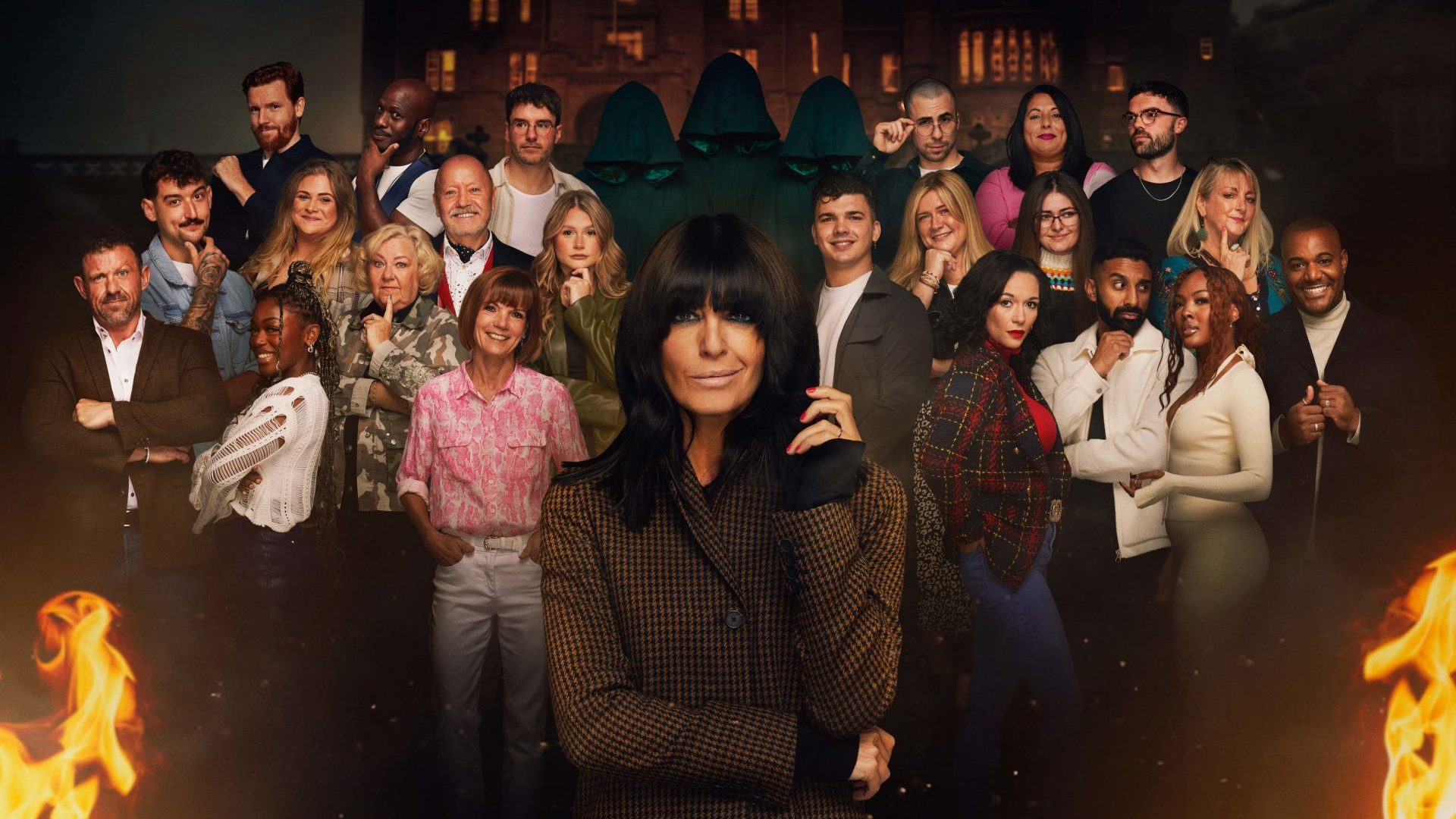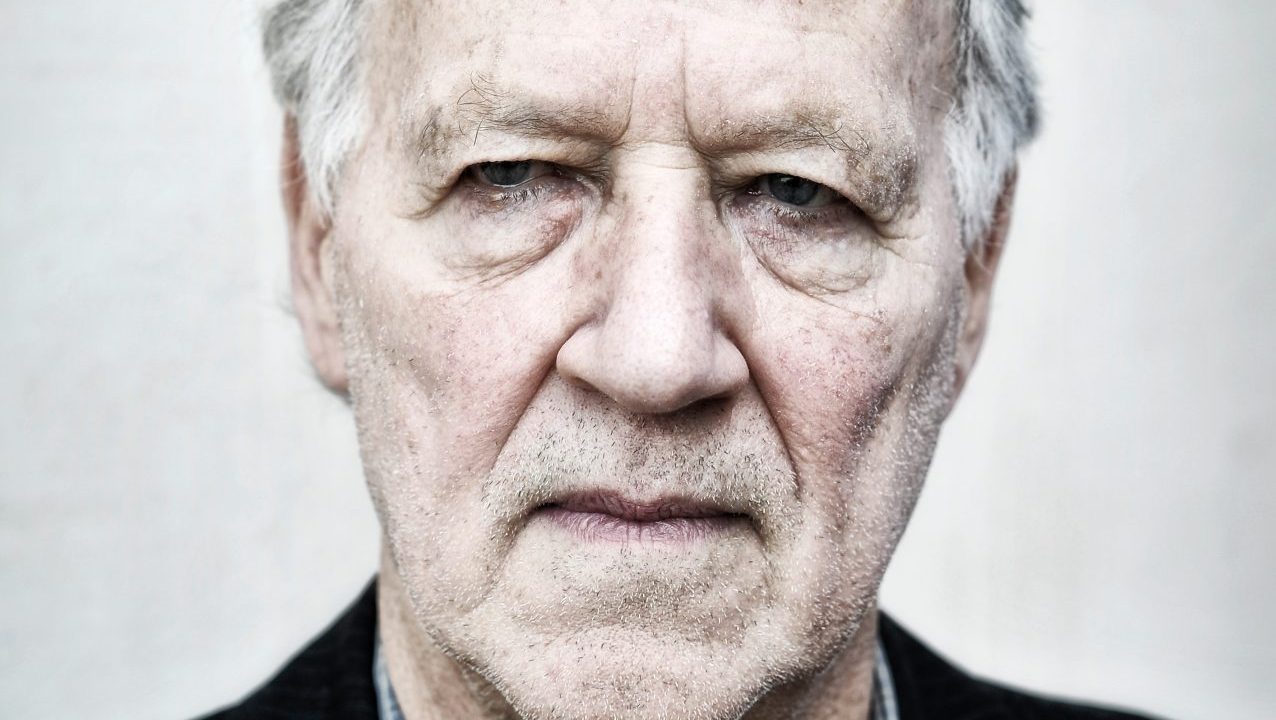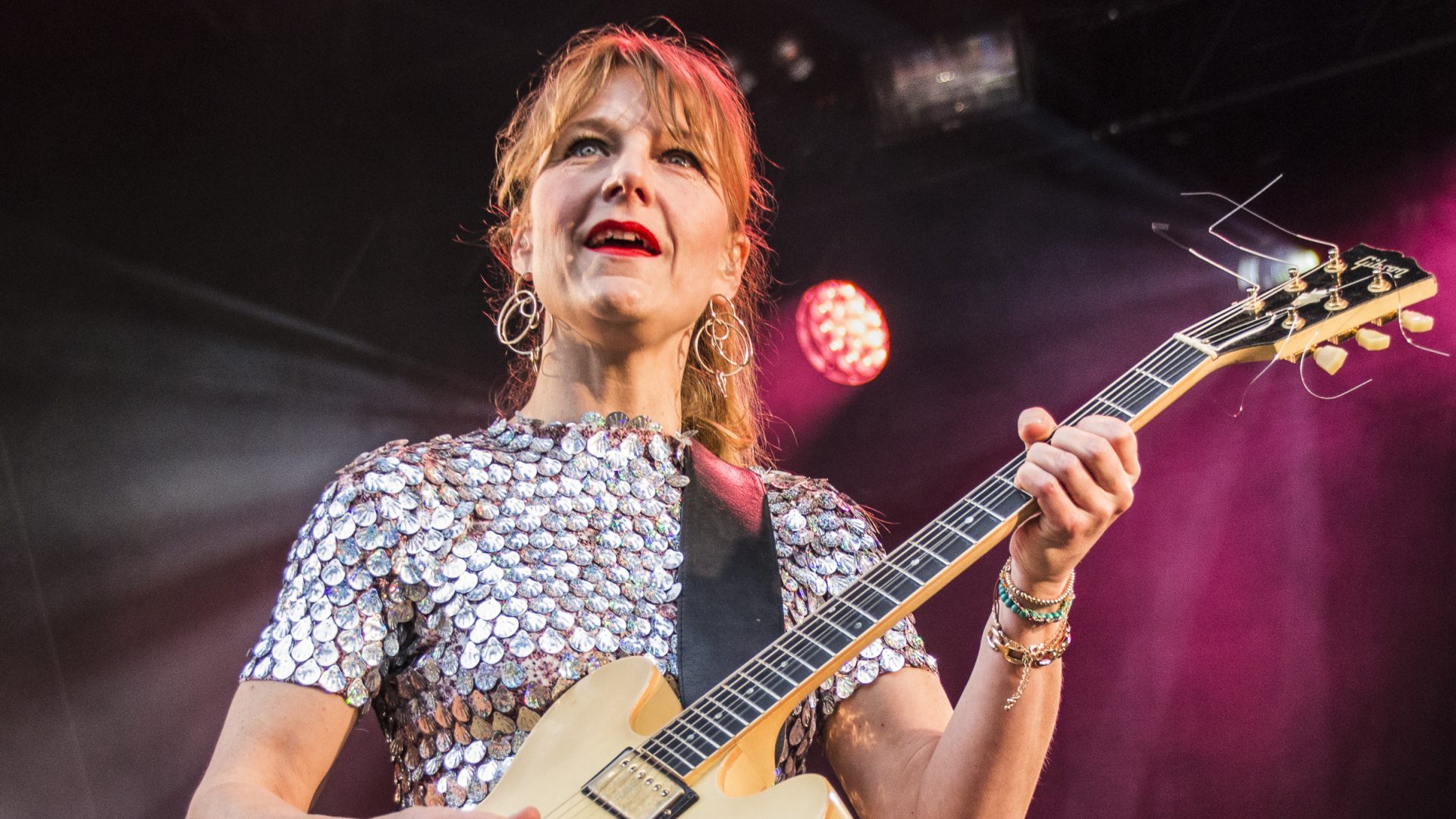It feels dirty and wrong – and almost irresistible. It may not be the most-discussed TV show of 2024 so far, but more than 10million people have viewed each episode in its new series of BBC’s The Traitors, a series that in its own way says as much about modern Britain as Mr Bates vs.The Post Office.
Based on Dutch show De Verraders and hosted by Claudia Winkleman, The Traitors – with its ratcheting tension, its mood music and its big reveals – is rooted in fear of our neighbours, paranoia and selfishness. It’s a programme that has either refused to learn from the mistakes of previous reality shows and from the fractures in British society since Brexit, or it understands those things perfectly and carries on regardless. In time, we will probably wonder how it was ever allowed to be made.
Oxford psychologists confirm that there are rising levels of mistrust in Britain. In research recently published by the British Medical Journal, almost a quarter of the 10,000 people surveyed described themselves as “generally mistrustful” or “very mistrustful” – citing conspiracy theories and the belief that others “mean them harm”. There are echoes of anti-vaxxing and referendum fallout here: many respondents saying they’d welcome help to rebuild their confidence in others.
Across UK politics, social media and civic engagement, dissent increasingly falls into polarised camps, spilling into vitriol online and occasionally in-person. The Traitors does nothing to help heal this breach; instead it leans into prejudice. Contestants are invited to “trust their instincts” and vote others off the game for the chance to win £120,000. Some are made ‘traitors’ – with license to eliminate fellow contestants. The others are ‘faithfuls’ – and have to guess who the traitors are. This actively encourages people to act on unsubstantiated bias. It’s not hard to see what’s going to happen: it’s already in train.
Age, gender, and ethnicity have all come into play. Remarkably, the tallest of the white men is the most trusted despite being a traitor who, as the Twittersphere notes, just stops short of twirling an imaginary moustache in plain sight of all whenever a faithful dies. One fan on social media recently asked, “How are this cast not seeing Paul grinning like a Cheshire Cat being picked to take the picture down??!!” The answer is obvious, and uncomfortable.
Young white men form a tribe and are ‘mothered’ by the older white women (in fairness, there is a mother and son in the group). The black people don’t form a tribe as they’re hyper-aware that others will be uncomfortable if they do. TV thus mirrors the UK’s civic engagement, as trust erodes beyond perceived affinity groups.
Disabled people are assumed to be ‘faithfuls’: as if someone can’t possibly be both disabled and deceitful. Older people are tolerated, but only if they play maternal or paternal roles, and only until the challenges contestants are set each week require speed or strength.
It’s well-documented that we judge people by their accents. Pity poor Miles who’s been co-opted to the traitors. As a Brummie – the most maligned accent in the UK according to a YouGov poll – he’s destined to be the traitors’ own sacrificial lamb – they’ve already thrown the Asian female traitor Ash under a bus.
Tropes associated with race, even if unconscious, seem to rear their head even before the ‘game’ begins: Diane (who is white, middle-aged and TV gold) decides Anthony (black, and a chess coach from Birmingham) is a traitor because, before the traitors were selected, he wouldn’t allow her to stand in the spot he’d chosen. Describing him as “uncooperative”, Diane literally objected to him standing his ground. Later, Kyra – a black woman – was voted out as she was deemed “dominant”, a dog whistle heard by just about every non-white female viewer.
Behavioural researchers have long confirmed that individual prejudices have an adverse influence on trust: one German research study showed that when playing an online shooter game, white German participants were more likely to shoot Arab-Muslim targets than white targets, believing them to be more aggressive.
Haven’t we been here before? The last big, new TV moment where strangers were put together “as a social experiment” was Big Brother. Back then, the nation piled into the working class Jade Goody with scorn, only to pivot mockery into empathy when news of her fatal illness broke.
It’s telling that The Traitors’ creator, Marc Pos, was also behind Big Brother, and telling too that while the production team, Studio Lambert is ethnically diverse it is notably so in its business support and junior roles, and not nearly as much in the creative team responsible for casting and thinking through how this “social experiment” might play out.
In spite of all Pos’s experience, in spite of society’s huge and obvious fracturing in an age of divisive social media and divisive politics like Brexit, there’s no trace in The Traitors of psychological analysis or that any reflection has been done of what can happen when people are advised to “trust their instincts” alone in stressful, unknown situations. There seems to have been little regard for neurodiversity too; there is mounting evidence of Traitors participants struggling with the mental strain of the contest.
Professor Freeman, who led the Oxford study said it “found that mistrust was fuelled by a variety of forms of discrimination, including unfair treatment because of skin colour or ethnicity, age, sex and sexuality, mental and physical health, and religious beliefs. Feelings of vulnerability can also be triggered by experiences such as bullying and childhood mistreatment”.
Viewers are left standing in the playground watching the bullies. It’s a great fight but surely it should be broken up? Until then it’s must-view TV, even if it requires a detox with a wholesome episode of Bake Off.
Amanda Parker is an Olivier award-winning arts and cultural sector consultant, and a columnist for The Stage



